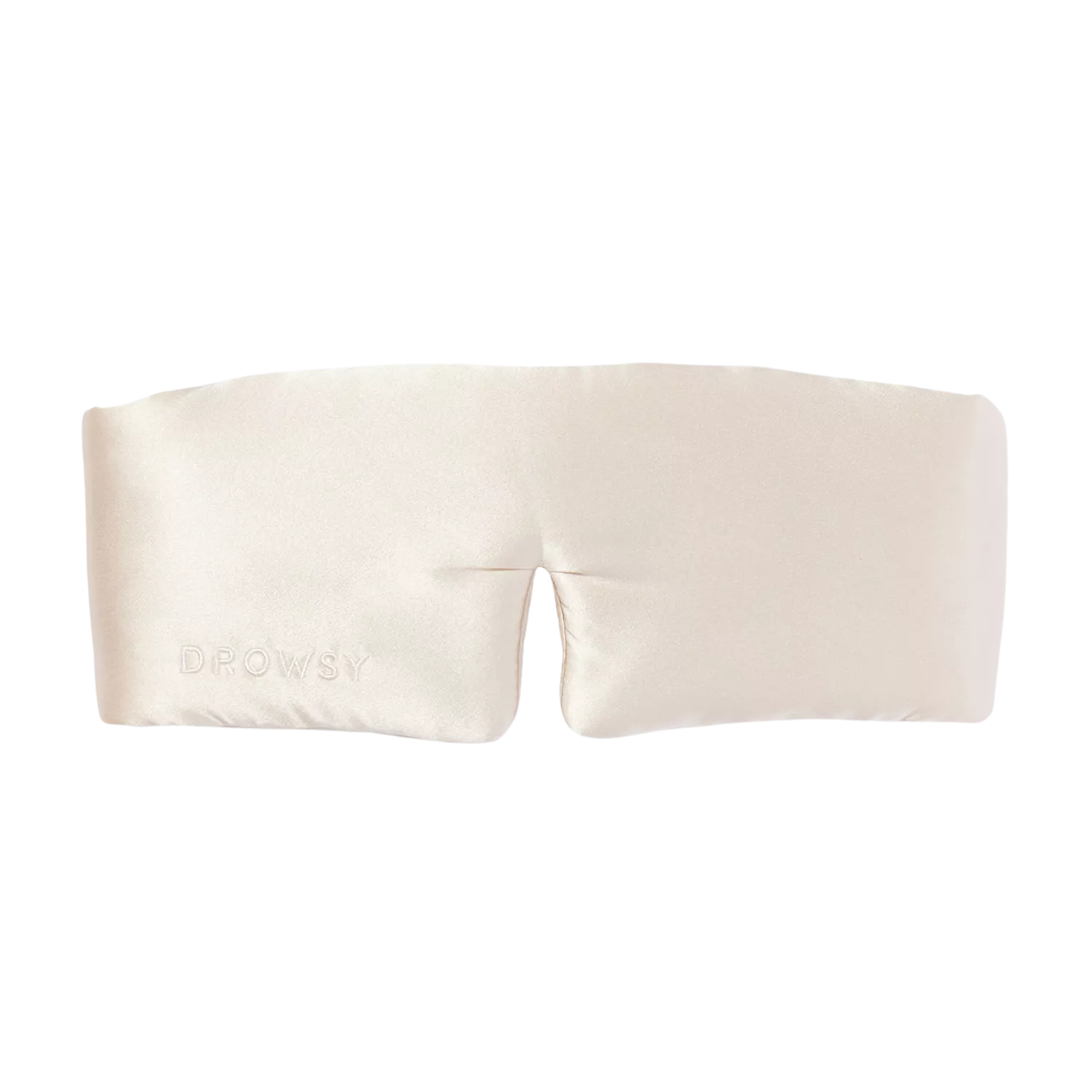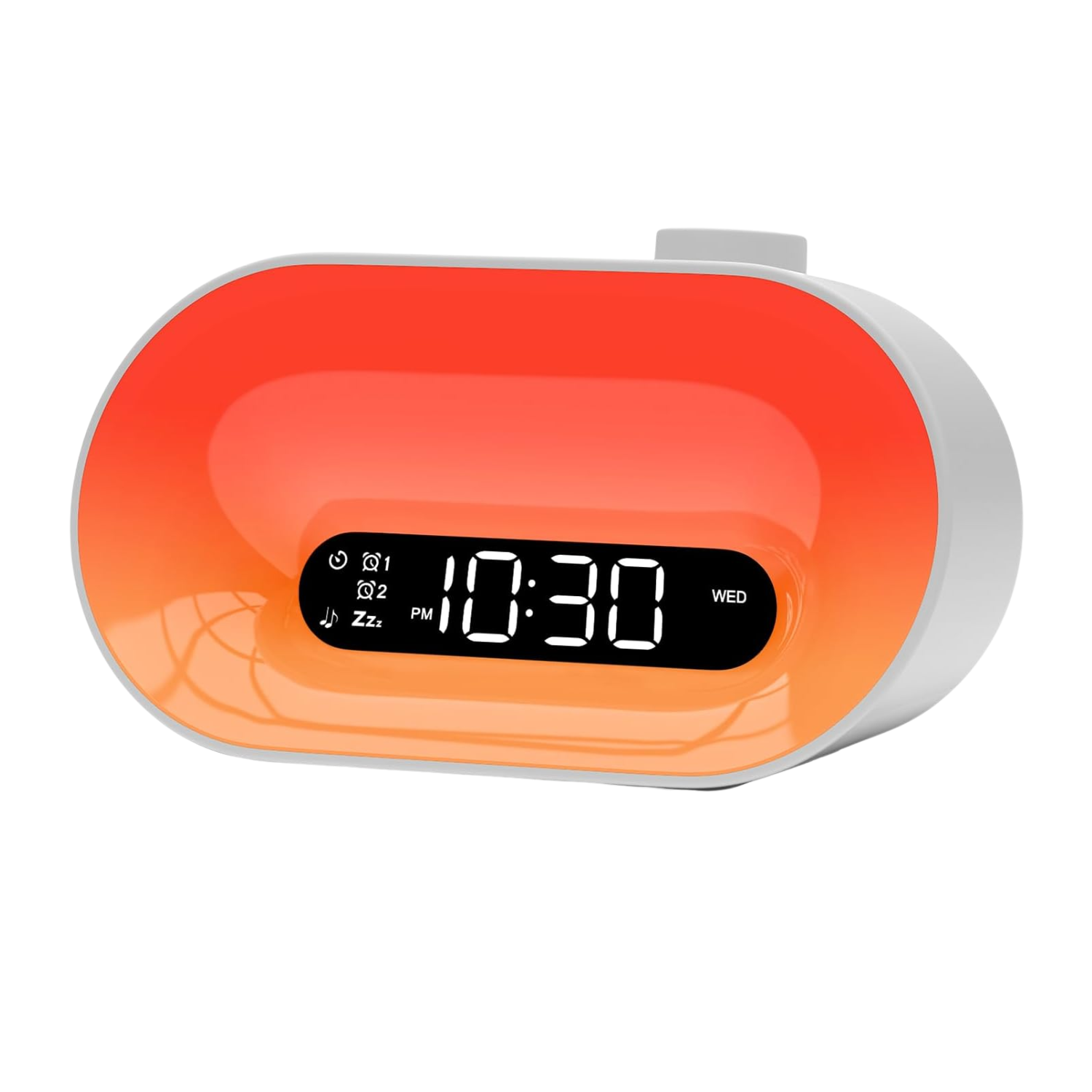What Is the 10-3-2-1-0 Rule for Sleep? These Schedule Guidelines Will Help You Spot Your Very Worst Sleep Habits
Sound sleep doesn't simply begin at the touch of a pillow. Its preparation starts soon after you wake up


The Livingetc newsletters are your inside source for what’s shaping interiors now - and what’s next. Discover trend forecasts, smart style ideas, and curated shopping inspiration that brings design to life. Subscribe today and stay ahead of the curve.
You are now subscribed
Your newsletter sign-up was successful
I'd been under the impression that preparing for a good night's rest starts when my nighttime routine begins. However, I recently discovered that steps to a healthy slumber must commence far earlier in the day.
And it's this principle that lays the foundation for the 10-3-2-1-0 sleep rule. Rather than switching up your bedscape or regulating the ambiance of your bedroom, this rule teaches you how to sleep better by making lifestyle changes in the lead-up to bedtime.
So, what do the numbers mean? And which habits need rethinking? Let's find out.
What is the 10-3-2-1-0 Sleep Rule?
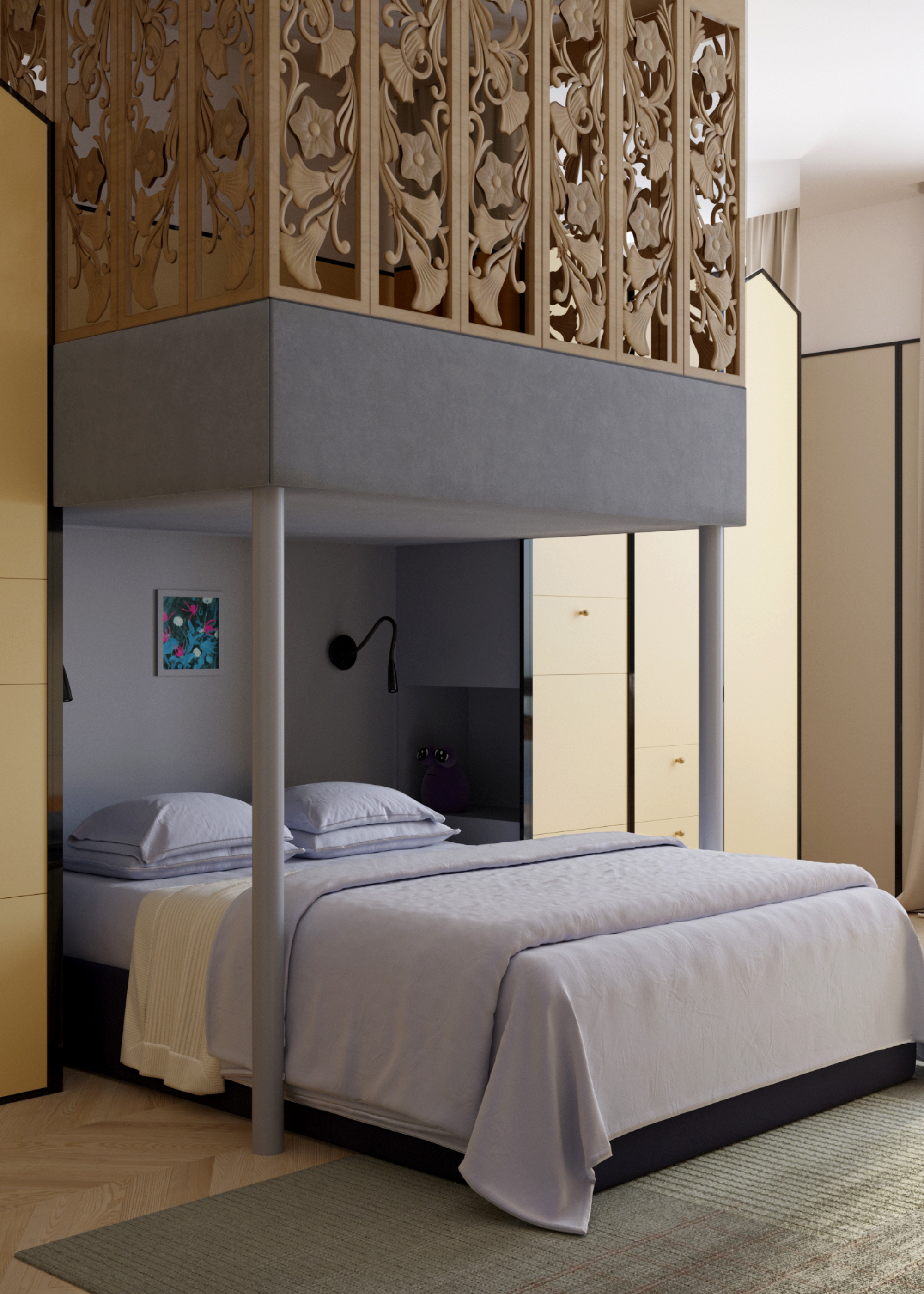
"The 10-3-2-1-0 rule is a simple guideline to help improve sleep quality by timing your nightly routine," says sleep science coach Riley Otis. She explains that its anti-scheduling format helps you identify habits that might be affecting your slumber and how to regulate them. So aside from introducing things to aid sleep, this rule focuses on how to improve your pre-snooze lifestyle, too.
Dr. Leah Kaylor, sleep expert and psychologist, says: "The 10-3-2-1-0 sleep method is a simple routine to help your body and brain wind down for bed." And here's what it stands for.
10 — "This means you need to cut out caffeine at least 10 hours before bed," she explains. "People don't realize how long caffeine stays in the body and continues to work. Caffeine’s stimulatory effects can significantly delay your ability to fall asleep."
3 — "As per the rule, you should stop eating large meals or drinking beverages, especially alcohol, three hours before bed," says Leah. "Heavy food or alcohol too close to bedtime can mess with digestion and cause heartburn or night wakings."
The Livingetc newsletters are your inside source for what’s shaping interiors now - and what’s next. Discover trend forecasts, smart style ideas, and curated shopping inspiration that brings design to life. Subscribe today and stay ahead of the curve.
2 — "It's best practice to avoid doing demanding tasks like work or studying two hours before sleep," she advises. "Mentally stimulating activities keep your brain alert, making it harder to relax and fall asleep."
1 — "Blue light from phones, TVs, and tablets tricks your brain into thinking it’s still daytime and blocks melatonin, the hormone that helps you sleep," she adds. "So, you should keep away from screens at least one hour before bed."
0 — Riley tells me that this signifies getting enough healthy sleep so you hit snooze zero times in the morning.

Riley is a staff writer and certified sleep science coach specializing in mattress testing and reviews. She works with the content team to ensure accurate and up-to-date information. Riley graduated from Elon University in 2024 with a degree in journalism and creative writing. As a lover of sleep herself, Riley enjoys learning about the best sleep products and helping readers find their perfect match.
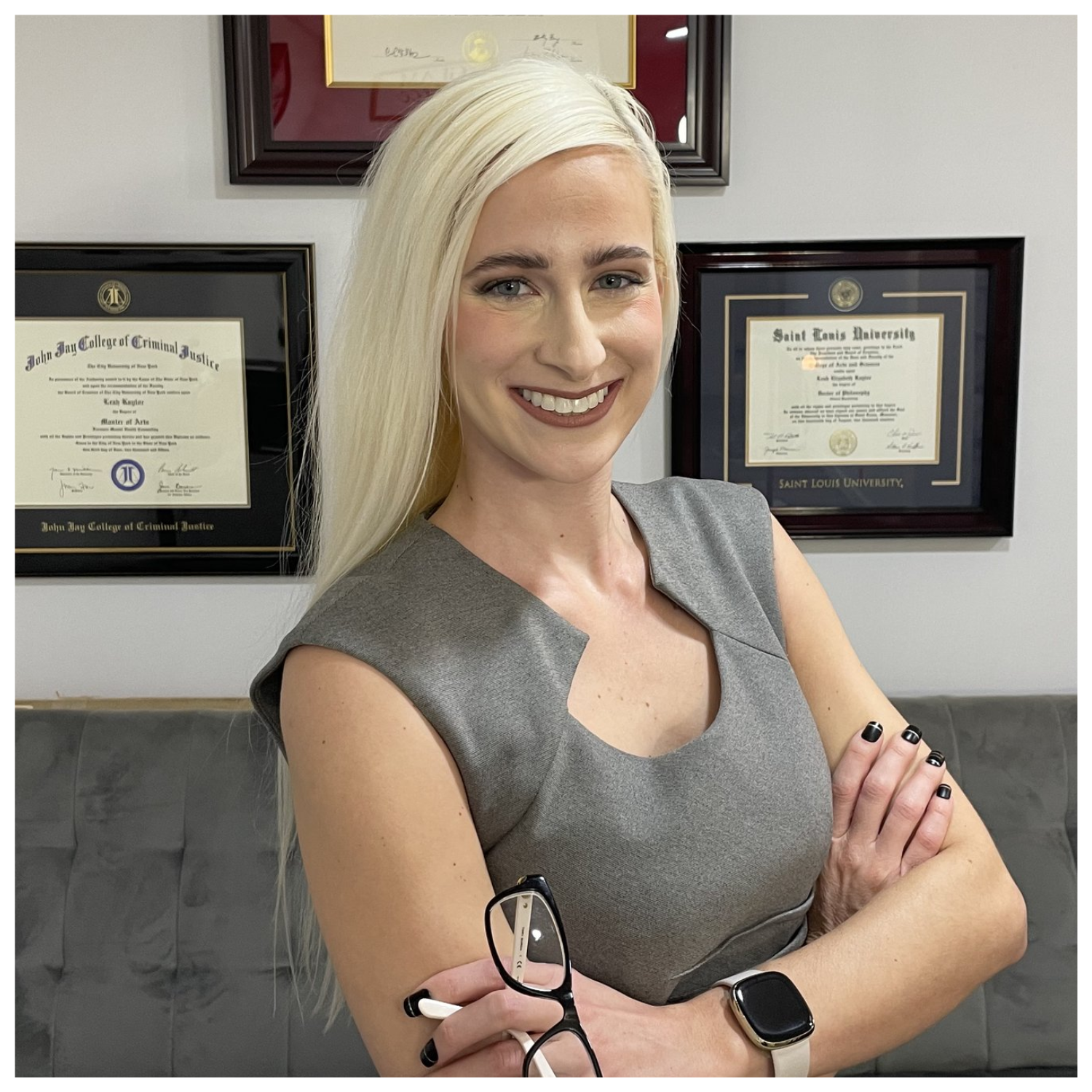
Dr. Leah Kaylor is a sleep expert and a clinical and prescribing psychologist at the Federal Bureau of Investigation. She has also written five book chapters and over 15 peer-reviewed journal articles. She has spoken nationally and internationally to law enforcement officers on topics such as the human stress response, trauma, EMDR, sleep/nightmares, taking care of one’s mental health when working with CSAM, wellness, and resilience.
How Does the 10-3-2-1-0 Sleep Rule Help?
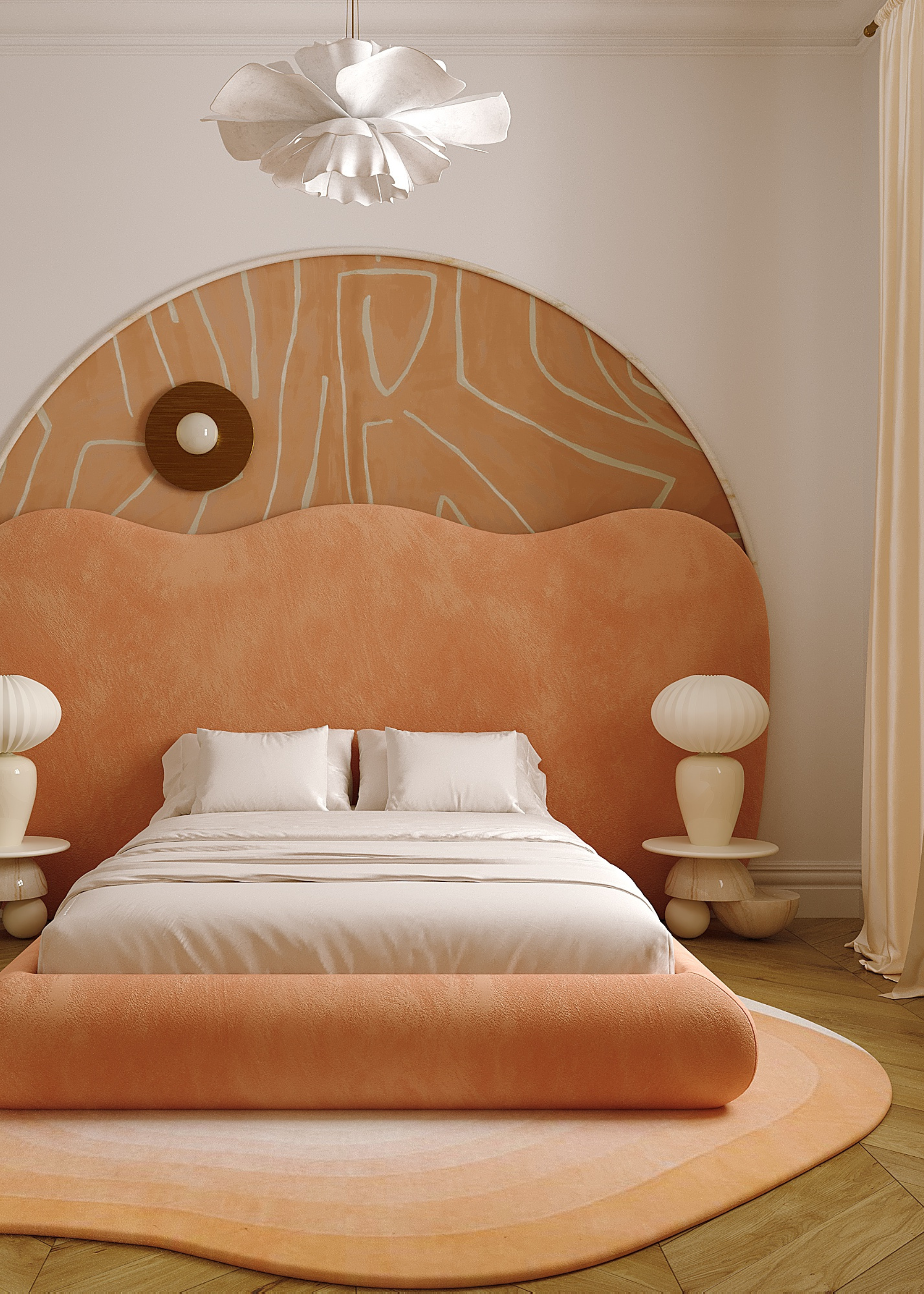
According to sleep expert Livvi DiCoccio, the 10-3-2-1-0 rule tackles the habits that mess with sleep, like staying wired from coffee, late meals, or scrolling for too long.
"Giving both your brain and body time to slow down makes it much easier to fall asleep and stay asleep," she explains. "Plus, it also builds consistency, which is key to long-term sleep quality."
Riley also finds that each step in the 10-3-2-1-0 method is designed to reduce common sleep disruptors such as caffeine, digestion, mental stimulation, and blue light.
So aside from bringing in things people who sleep well have in their bedrooms, taking a crack at amending your routine should be the first step to a healthier way of rest.
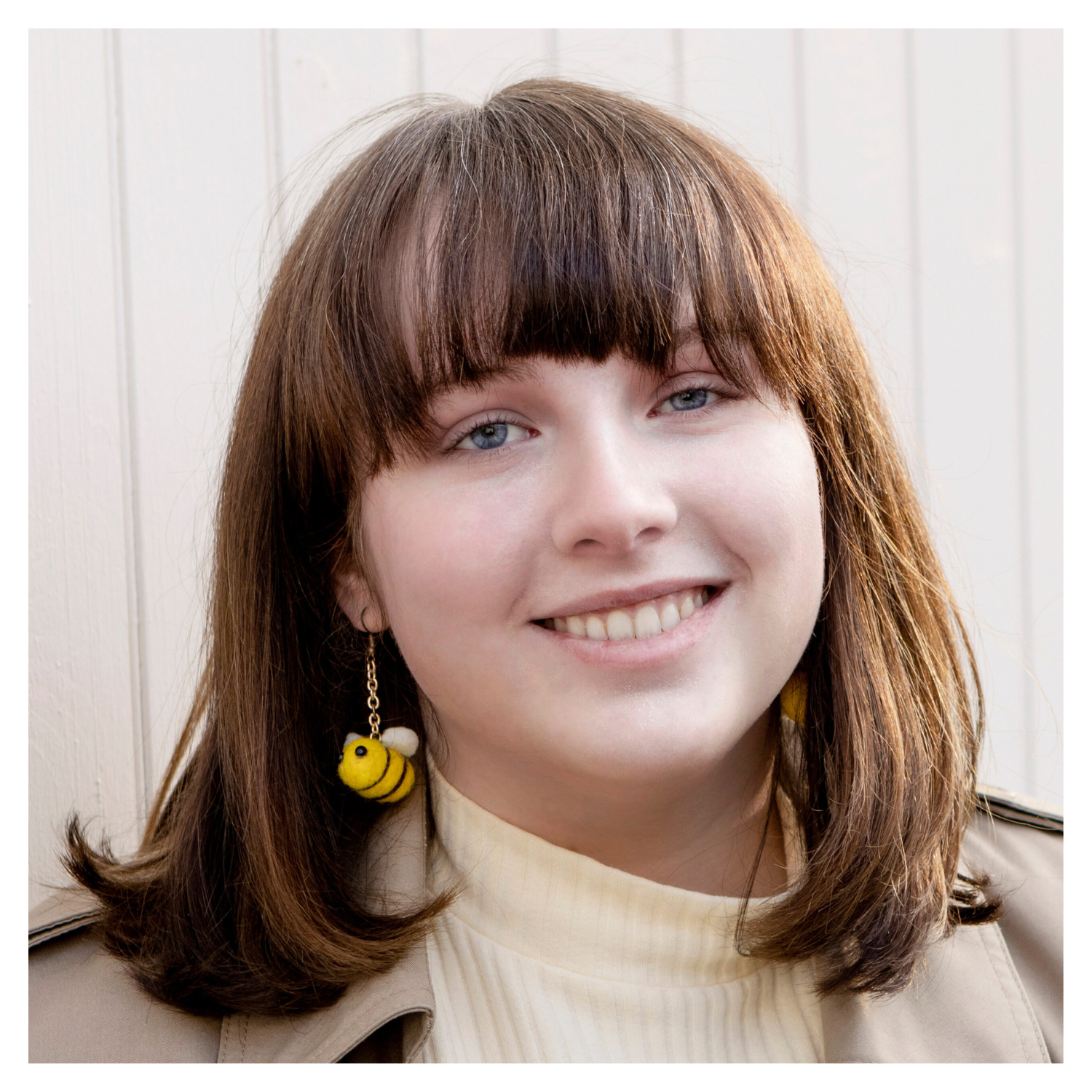
Livvi DiCicco is a staff writer and certified sleep science coach. She has been writing, editing, and researching sleep-based content for over a year. After graduating from the University of Iowa with a degree in English & Creative Writing, she decided to work in the digital marketing field, continuing her creative works on the side. Her other interests (besides napping and writing) include digital art, history, and boba tea.
Bedtime Accessories
FAQs
When Should I Stop Drinking Water Before Bed?
It's recommended to avoid drinking water at least two hours before you sleep. While drinking enough water is extremely important, consuming large amounts of water just before you sleep can hinder your rest and cause waking.
And if there's one other change you're open to making to your pre-sleep routine, it should be a hot shower before bed. And it's not just about feeling cozy and clean; there are benefits to this expert-approved nighttime habit, too.
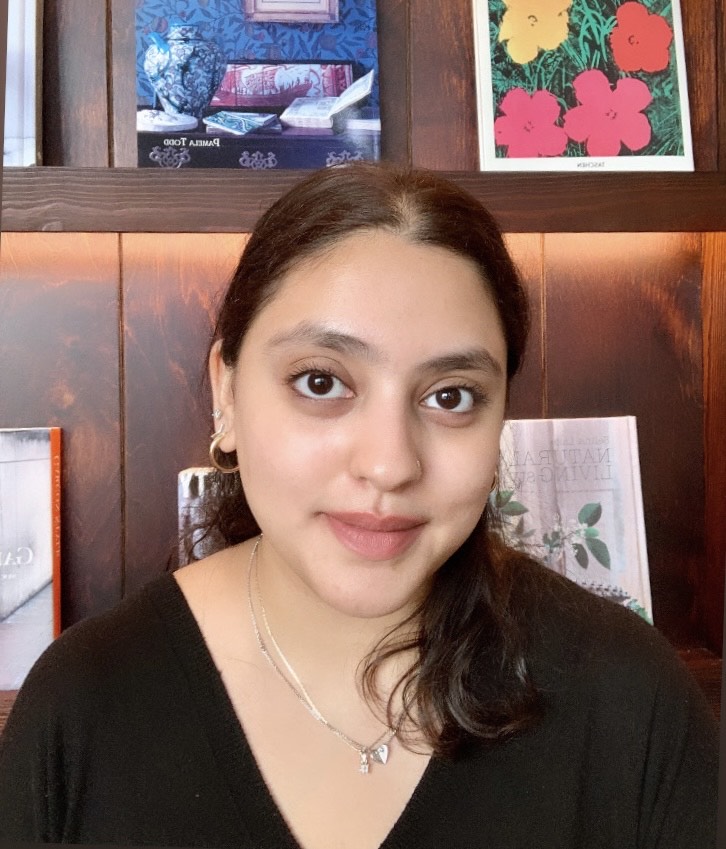
Amiya is a Home Wellness Writer at Livingetc. She recently graduated with a Masters Degree in Magazine Journalism from City, University of London, and has lent her words to beauty, fashion, and health sections of lifestyle publications including Harper’s Bazaar and Women’s Health. Her experience as a research analyst has equipped her with an eye for emerging trends. When she’s off the clock, she can be found reading, listening to music, or overanalyzing her latest Co-Star update.
